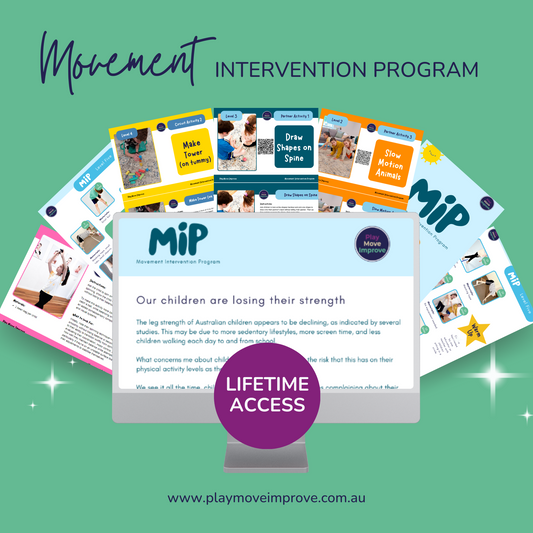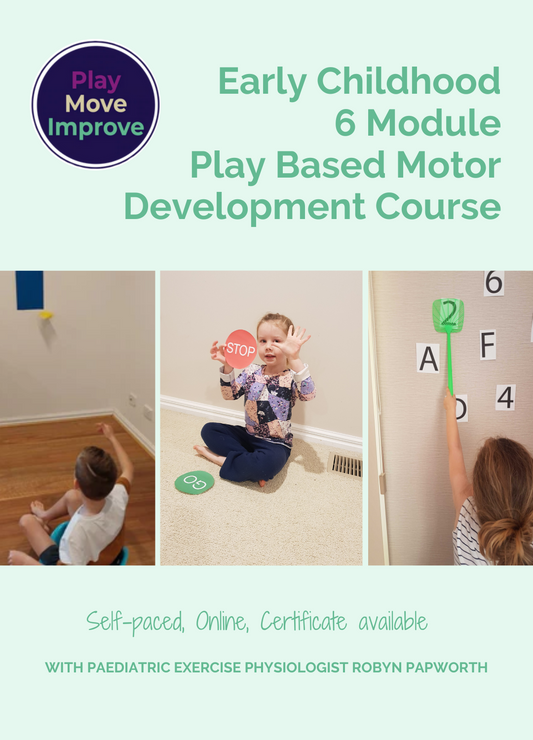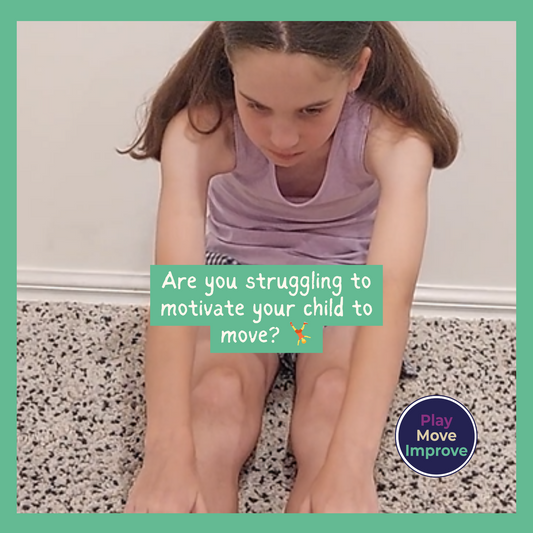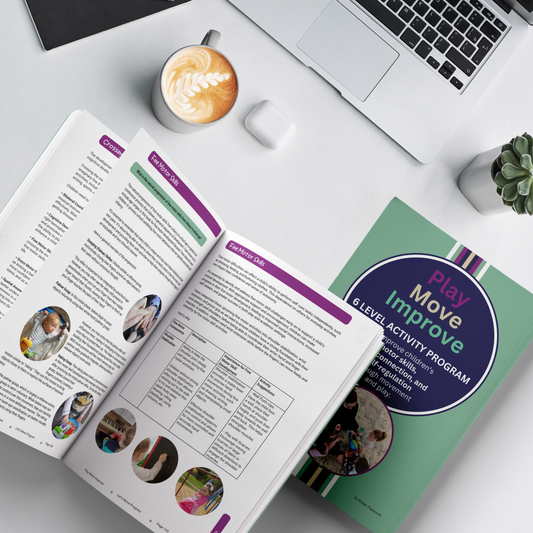Balancing Screen Time: Enhancing Developmental Skills for Toddlers
In the digital era, managing screen time for toddlers is a growing concern for many parents and caregivers. While screens can offer educational content and a momentary distraction, it is crucial to balance this with activities that promote physical, cognitive, and emotional development. Here are some effective strategies families can use to enrich developmental skills in toddlers, helping to balance and combat the effects of screen time.
1. Encourage Physical Play
Physical play is vital for developing motor skills, balance, and coordination. Here’s how families can integrate more physical activities into their toddlers' daily routines:
- Outdoor Adventures: Regular visits to parks, playgrounds, and outdoor spaces encourage children to run, jump, and climb, enhancing their physical abilities and balance.
- Sports Fun: Introduce simple sports like throwing balls, running races, or setting up a mini obstacle course. These activities are not only fun but also improve spatial awareness and motor skills.
- Dance and Movement: Have dance sessions at home. Dancing helps toddlers develop rhythm, coordination, and motor skills while allowing them to express themselves creatively.
2. Stimulate Creative Play
Creative play sparks imagination and critical thinking. Here are ways to foster creativity without screens:
- Arts and Crafts: Provide materials like crayons, markers, and paper, or engage in crafts with glue, scissors, and recyclable materials. Artistic activities aid in fine motor skills and creative problem-solving.
- Role-Playing Games: Engage in role-playing games, where children can dress up and act out scenarios. This type of play enhances social skills and emotional understanding.
- Building and Construction: Use blocks, Lego, or other construction toys to build structures. This type of play enhances spatial reasoning and problem-solving skills.
3. Promote Sensory Play
Sensory play is crucial for cognitive and linguistic development. It involves any activity that engages the senses:
- Texture Exploration: Create a sensory bin with items like rice, beans, or water beads. Add tools for scooping and pouring to refine motor skills and enhance sensory experiences.
- Nature Walks: Go for walks and let your child explore different textures, from leaves to rocks to mud. It’s an excellent way for them to learn about the world through direct sensory experiences.
- Cooking Together: Involve your toddler in cooking simple recipes. The kitchen is a fantastic sensory play space where children can learn about textures, tastes, and smells.
4. Read Together
Reading is a timeless activity with numerous developmental benefits:
- Regular Reading Time: Set aside time for reading every day. Interactive books with flaps or textures are especially engaging for toddlers.
- Library Visits: Make trips to the local library for storytelling sessions and new books, fostering a love for reading and continuous learning.
5. Foster Social Interaction
Social skills are built through interaction, which is something screens cannot adequately provide:
- Playdates: Organize playdates with children of similar ages. Social play is crucial for developing communication skills, empathy, and emotional regulation.
- Family Games: Engage in board games suitable for toddlers, which can teach turn-taking and cooperative play.





